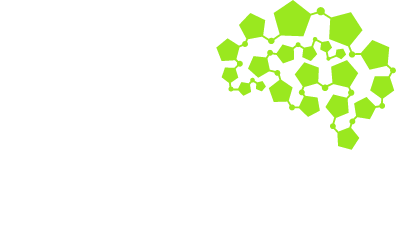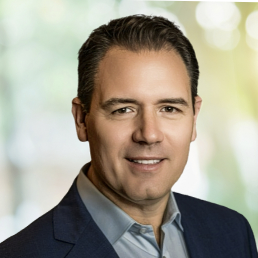Leiden, The Netherlands, 10 February 2021 – VICO Therapeutics, a Leiden, the Netherlands, based biotech company focusing on the development of RNA modulating therapies for rare neurological disorders, today announced that the European Commission (EC) has granted orphan drug designation for VO659, VICO’s investigational antisense oligonucleotide therapy for the treatment of Spinocerebellar Ataxia (SCA). The orphan designation was based on a positive opinion from the European Medicines Agency (EMA) Committee for Orphan Medicinal Products (COMP). VICOpreviously received orphan drug designation for VO659 in Huntington Disease.
“Spinocerebellar Ataxias make up a great part of the so called polyglutamine disorders, debilitating and progressive diseases, leading to significant impairment of mobility, speech, and multiple other daily activities of patients suffering from this condition. So far, there is no treatment which can halt the progression of these diseases,” said Rupert Sandbrink M.D. Ph.D., Chief Medical Officer at Vico.
“Our investigational RNA modulating therapy is designed to lower the mutant protein levels causing these neurodegenerative diseases. We’re pleased to receive orphan drug designation, which recognizes both the unmet medical need for patients living with spinocerebellar ataxias, and the potential of our approach.”
Qualified for orphan drug designation are drugs and biologics intended for the safe and effective treatment, diagnosis or prevention of rare diseases or conditions that impact fewer than 5 in 10,000 patients in the European Union. Orphan drug designation gives developing companies certain benefits, including clinical protocol assistance, reduced regulatory fees, research grants and 10 years of market exclusivity following regulatory approval.
=== E N D S ===
Contact
| VICO Therapeutics B.V. Gertjan Bartlema, Chief Business Officer T: +31 (0)71 203 68 31 E: Gertjan.bartlema@vicotx.com www.vicotx.com | LifeSpring Life Sciences Communication, Amsterdam, the Netherlands Leon Melens T: +31 6 538 16 427 E: lmelens@lifespring.nl |
About SCA
Spinocerebellar ataxia’s (SCA) are a group of rare, progressive hereditary genetic disorders that affects the cerebellum, brain stem and spinal cord. More than 30 types of SCAs have been identified to date (SCA1–SCA36), and the most common SCAs (types 1, 2, 3, 6 and 7) are caused by translated CAG trinucleotide repeat expansions that encode elongated polyglutamine (polyQ) stretches in the respective disease proteins. Presence of the elongated polyQ stretch confers pathogenic properties to the resulting protein through a dominant gain-of-function mechanism, resulting in degeneration of specific neuronal subpopulations that differ between the different SCA types. For SCA1 and SCA3 disease manifestation includes ataxia of gait, stance, and limbs, dysarthria, and oculomotor abnormalities. To date, there are no disease-modifying therapies.
About VO659
VICO’s lead antisense oligonucleotide product, VO659 is designed to suppress mutant proteins and slow or halt disease progression. A major strength of VICO’s approach is the broad applicability to different polyQ diseases and the preferential reduction of mutant relative to normal polyQ proteins.
About VICO Therapeutics
VICO Therapeutics is a Leiden, the Netherlands, based biotech company focusing on the development of RNA modulating therapies for rare severe neurological disorders. Vico’s antisense oligonucleotide platform (AON) is focusing on different forms of Spinocerebellar Ataxia (SCA) and Huntington Disease (HD). Its early discovery RNA editing platform is directed towards RETT syndrome.
VICOwas founded in 2019 by highly experienced entrepreneurs Luc Dochez and Josh Mandel-Brehm and seasoned scientists Dr. Judith van Deutekom and Dr. Gail Mandel with strong academic reputations and vast industry experience. VICOclosed a Series A financing of €27 million in June 2020 which was led by Life Science Partners (LSP), co-led by Kurma Partners, and supported by Pontifax, Droia Genetic Disease, Polaris Partners and Pureos Bioventures and Idinvest Partners.



